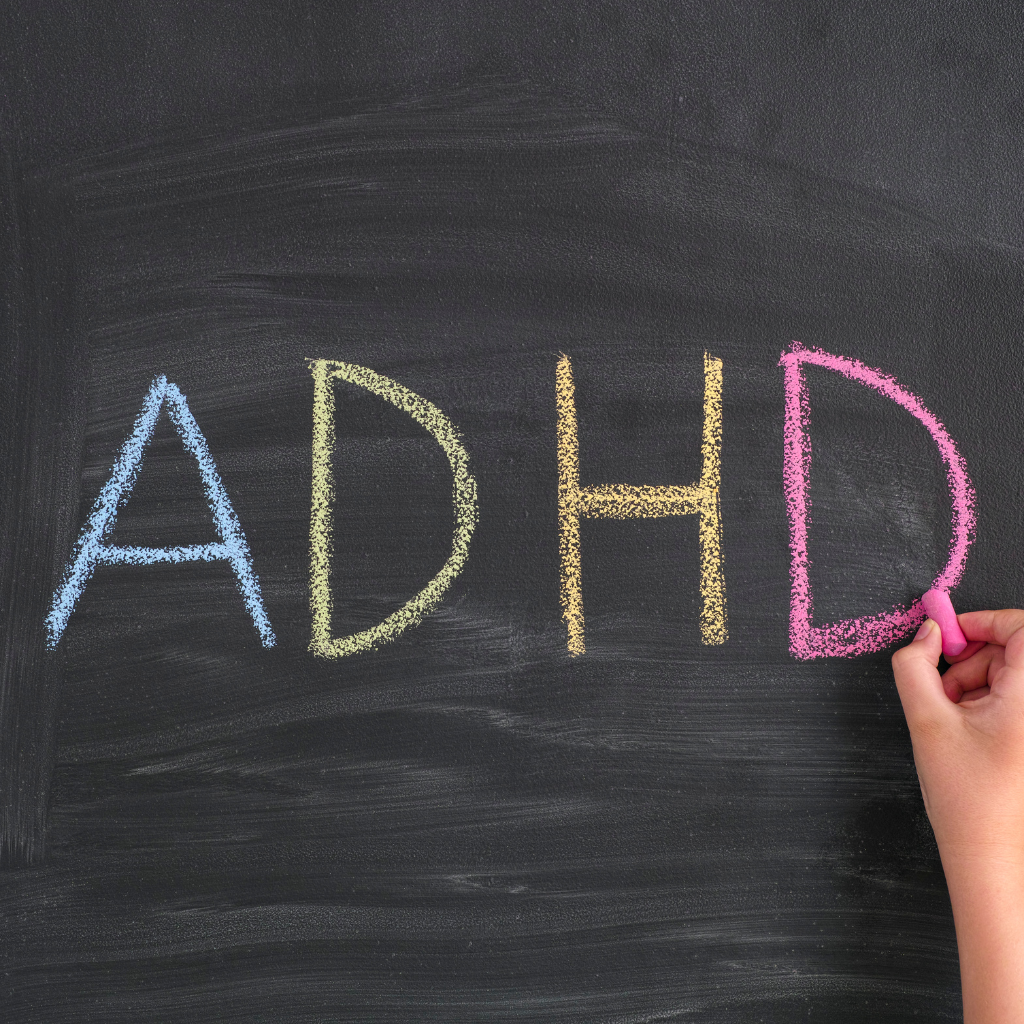
ADHD in School: Strategies to Help Kids and Teens Thrive
Pediatrician approved and parent-tested ADHD strategies, routines, and school accommodations to help kids and teens succeed.
Check out online parent education course below!
School can be exciting, challenging, and sometimes overwhelming—especially for students with ADHD. From staying organized to managing distractions, the school day asks a lot of kids and teens who process the world a little differently.
If your child has ADHD, you’re not alone. About 6 million children in the U.S. have been diagnosed with ADHD, and every one of them has unique strengths, talents, and ways of learning. With the right support, those strengths can shine in the classroom and beyond.
ADHD Symptoms in School: What Parents Should Know
ADHD isn’t one-size-fits-all. Some students are visibly energetic and impulsive, while others may be quiet but struggle to follow directions or complete assignments.
In fact, research shows that brain maturity in children with ADHD can be about 2 years behind same-aged peers in areas linked to organization, emotional control, and planning—but this has nothing to do with intelligence. Common school-day challenges include:
- Trouble paying attention during lessons
- Difficulty with organization and time management
- Impulsive decisions or blurting out answers
- Forgetting homework or losing materials
- Frustration with multi-step directions
Recognizing these signs helps you choose ADHD strategies that actually work for your child.
Building a Strong Home-School Connection
Regular communication with teachers makes a big difference. Share what works well for your child at home, and ask what’s helping in the classroom. Studies show that when parents and educators collaborate, students with ADHD have better academic and behavioral outcomes.
Try setting up weekly check-ins or a communication notebook so you and your child’s teacher stay on the same page.

ADHD School Accommodations Every Parent Should Ask About
If ADHD symptoms are making it harder for your child to succeed, they may qualify for classroom support through a 504 Plan or an Individualized Education Plan (IEP). These ADHD accommodations can help level the playing field:
- Preferential seating to reduce distractions
- Extra time on tests and assignments
- Breaking big projects into smaller steps
- Short movement or sensory breaks throughout the day
- Visual reminders and checklists
These supports are not about “lowering the bar”—they help kids with ADHD work with their learning style instead of against it.
ADHD Strategies for Homework and Routines
Predictable routines reduce stress for both kids and parents. At home, try:
- A visual checklist for morning and bedtime tasks
- A designated, distraction-free homework spot
- Packing backpacks and laying out clothes the night before
- Breaking larger tasks into smaller steps (sometimes called “chunking”) is also one of the most effective ADHD homework strategies.
Why Movement Matters for Kids with ADHD
Kids and teens with ADHD often focus better after movement. Build in opportunities for physical activity before school, during homework breaks, and after a long day. Even short bursts—like jumping jacks, stretching, or a walk—can boost focus and mood.
Building Confidence in Kids and Teens with ADHD
School can sometimes feel like it’s all about correcting weaknesses, but ADHD parenting also means highlighting strengths. Whether your child is creative, curious, empathetic, or adventurous, help them see these qualities as tools they can use to succeed. Confidence grows when children know they are more than their diagnosis.
Want step-by-step support?
Our ADHD Basics & Strategies online guide is full of practical ADHD strategies for focus, organization, and confidence-building—designed for busy families and real school-day routines. You’ll find evidence-based tools, printable resources, and communication tips for working with teachers.
With understanding, consistency, and the right ADHD strategies—at home and at school—kids and teens can thrive, discover their strengths, and build confidence that lasts a lifetime.
